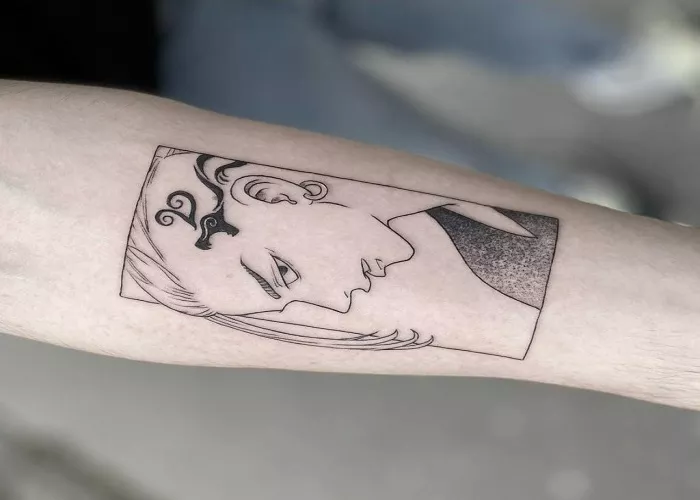A photo of Johnny Manziel, the Texas A&M quarterback, making its rounds on the internet this week sparked some confusion. The image supposedly showed a Longhorns tattoo on his ribcage, which raised eyebrows. However, Manziel quickly set the record straight, denying that he had such a tattoo and calling the photo into question.
But that wasn’t the end of it. The situation took a turn as Manziel found himself embroiled in a heated exchange with angry Twitter users. What should have been a simple clarification about the fake tattoo spiraled into a war of words online. It’s a familiar scenario in the world of social media, where an innocuous post quickly escalates into a flurry of insults.
Unfortunately, instead of letting the controversy die down, Manziel engaged with the trolls, responding to the insults with sarcastic “mom jokes” and “you suck” comments. While social media harassment is never acceptable, it’s also easy to see how such exchanges can add fuel to an already tense situation, particularly when someone as high-profile as Manziel is involved.
The incident highlights a larger issue in modern society: the ease with which online anonymity allows individuals to lash out at public figures, often with misplaced anger and vitriol. For someone like Manziel, who is constantly under public scrutiny, the pressure of dealing with negative comments on social media must be overwhelming.
It wouldn’t be surprising if Manziel, realizing the toll such interactions take, might consider stepping back from social media for a while. That way, he could avoid dealing with the barrage of online negativity from people who, despite not knowing him personally, feel empowered to attack him from a safe distance. It’s unfortunate that someone in Manziel’s position has to endure this kind of online harassment, but it’s also a stark reminder of the challenges faced by famous individuals navigating the modern digital world.
Related topics:

